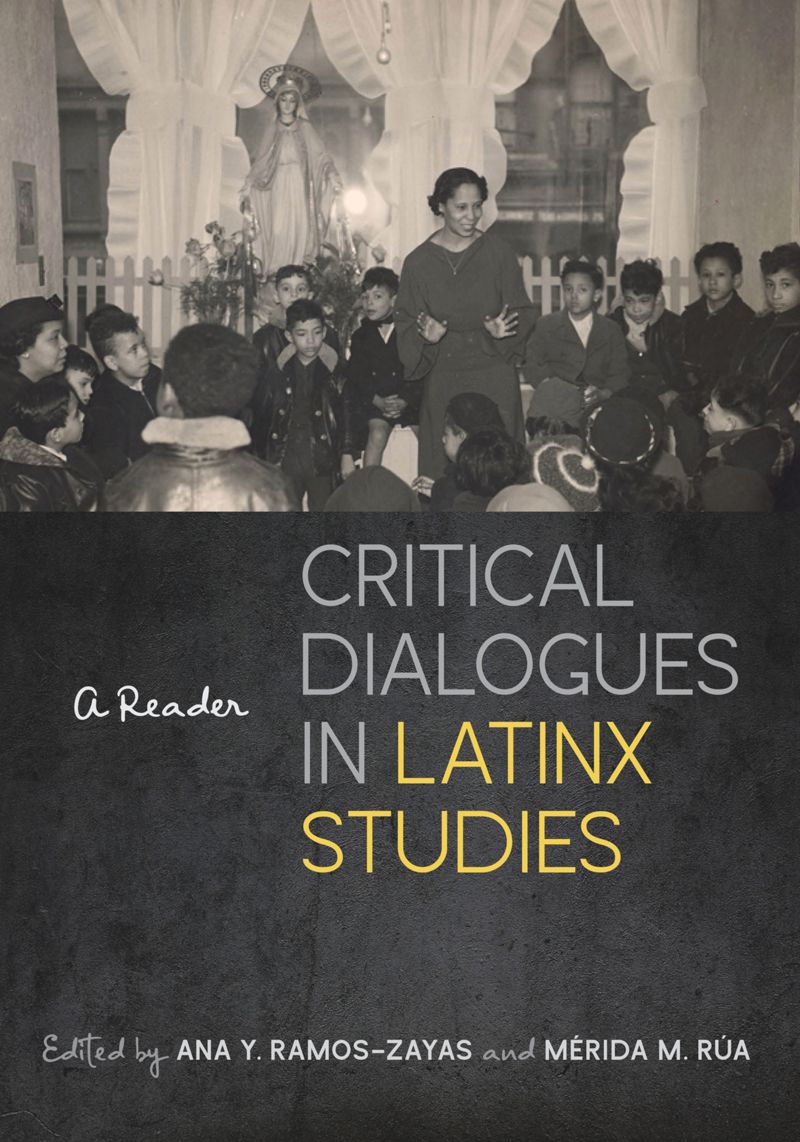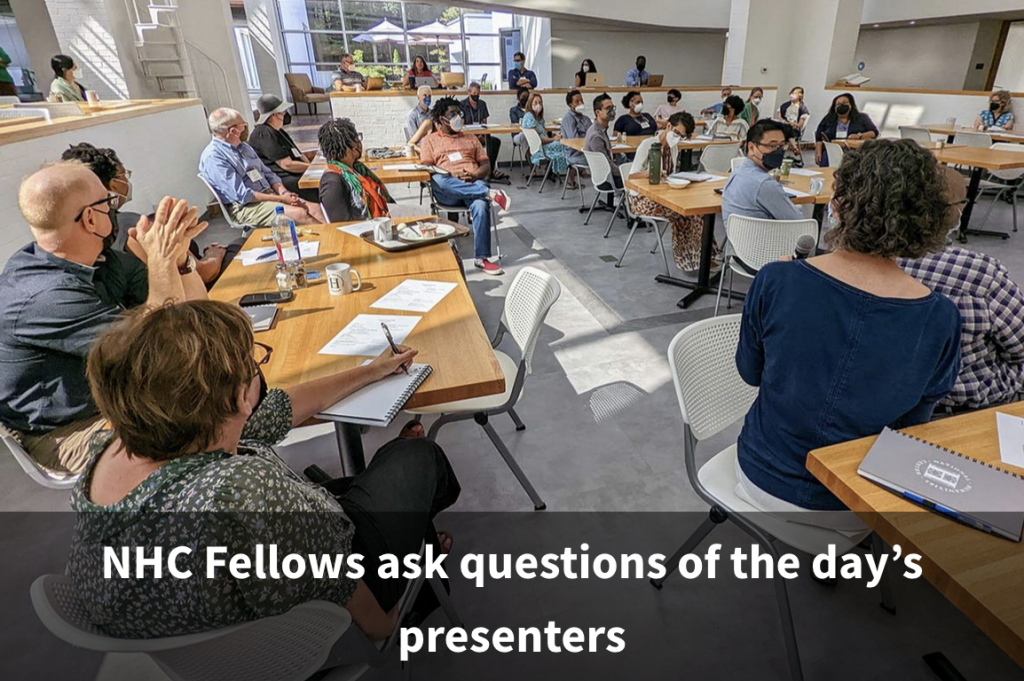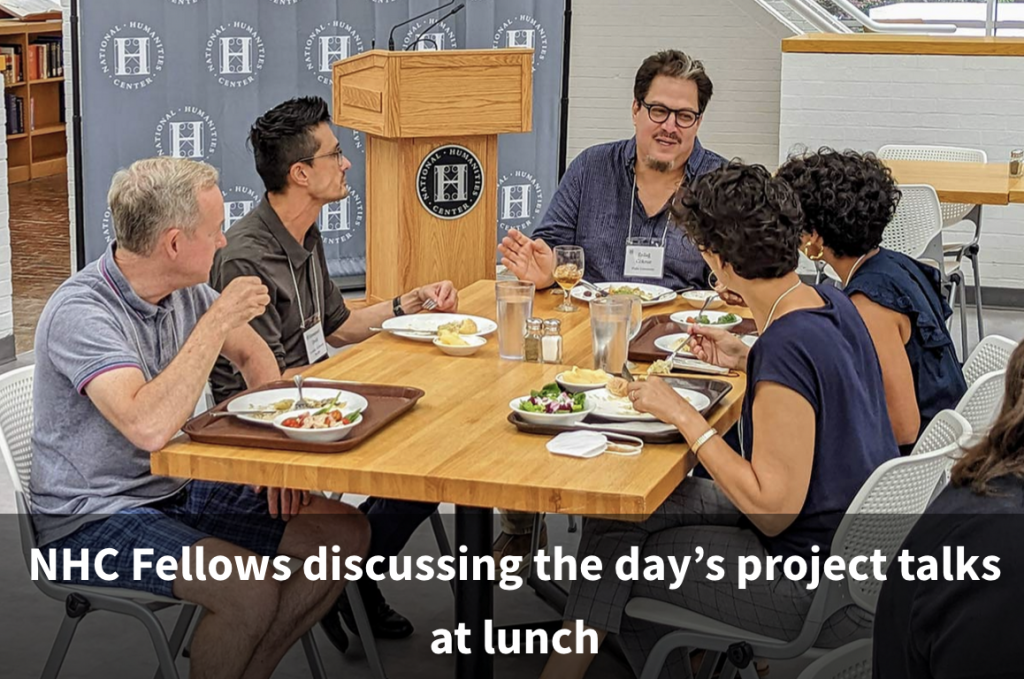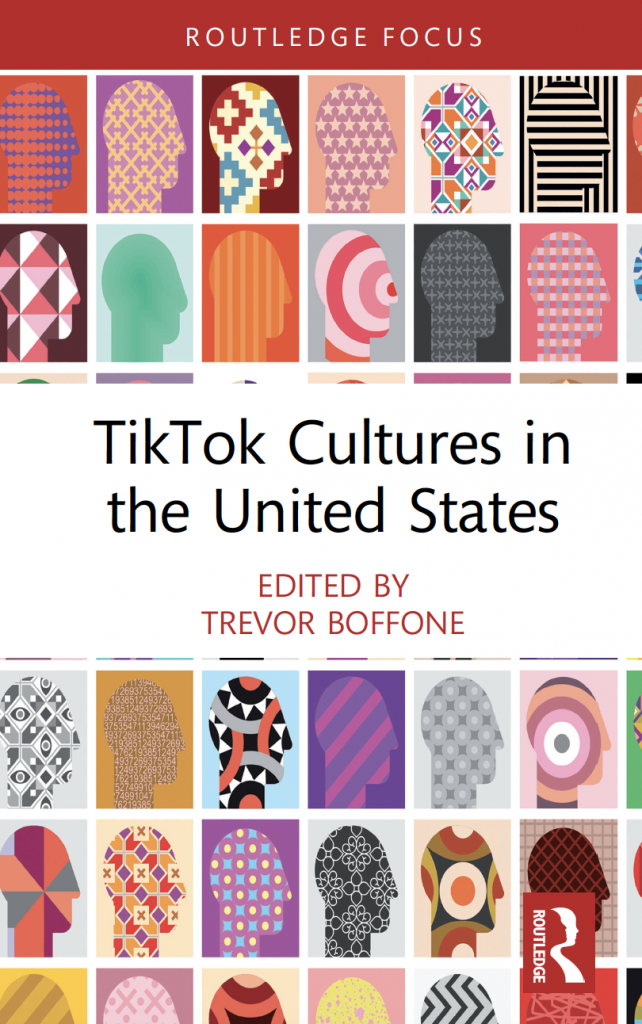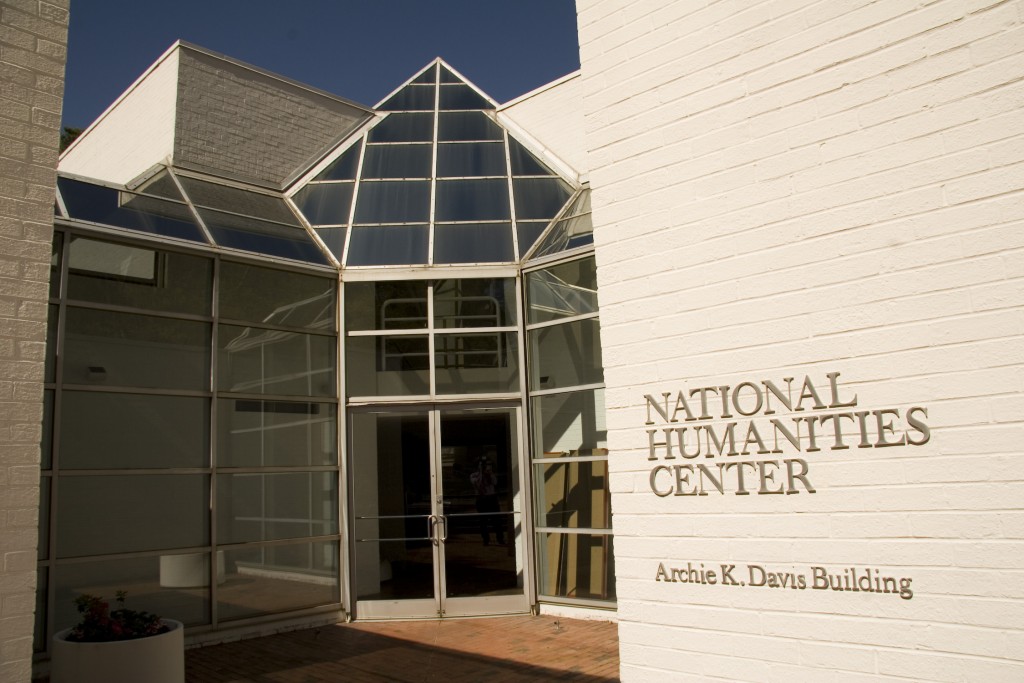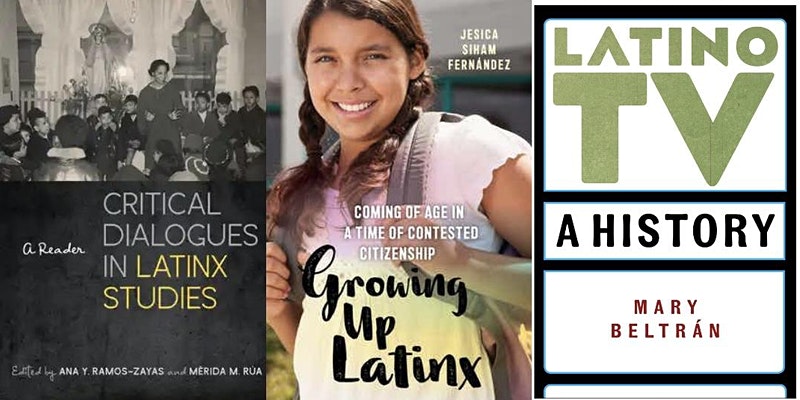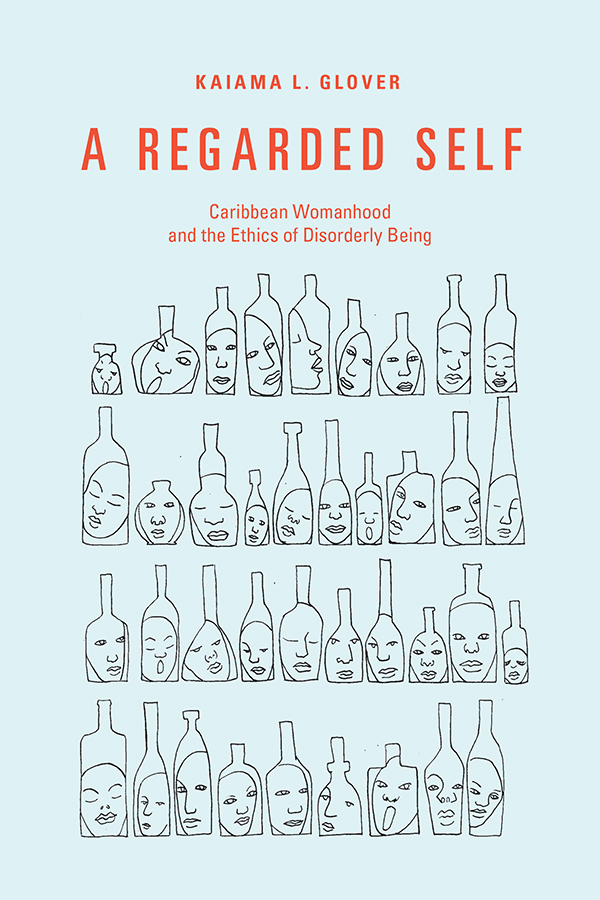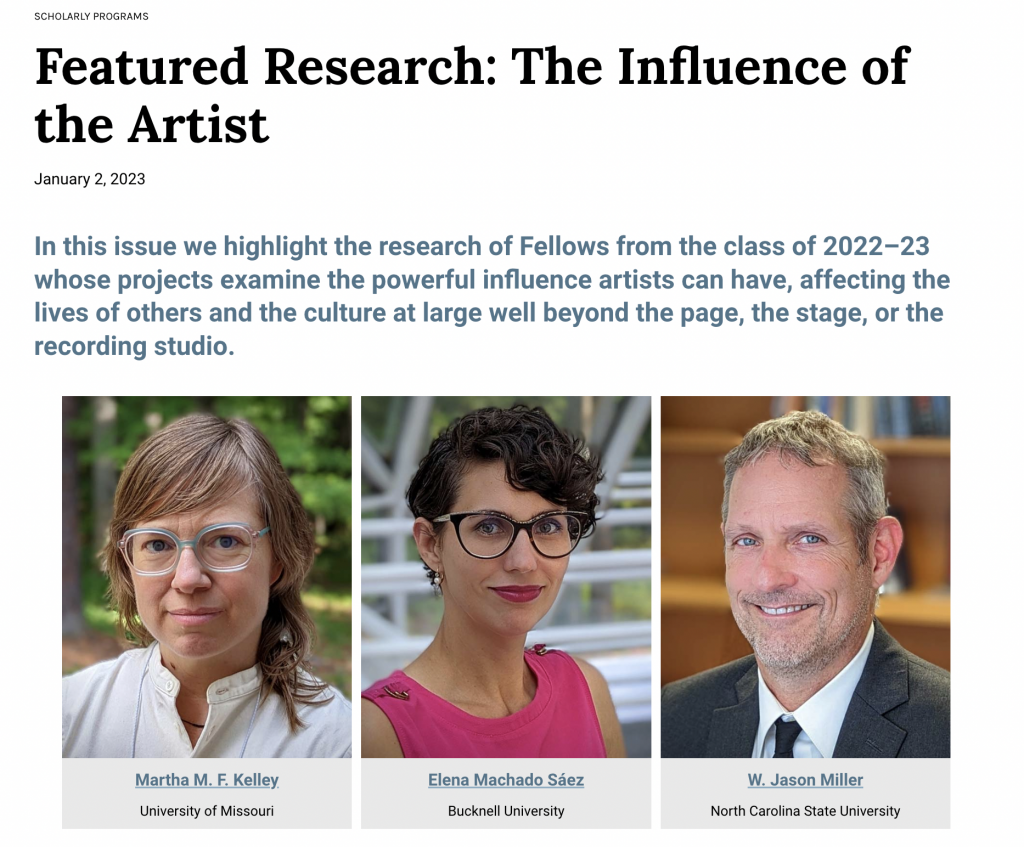
My research was highlighted by the National Humanities Center this January, alongside the work of my fellow fellows, Martha M. F. Kelley and W Jason Miller. Every month the Center highlights a set of fellowship projects that share a common theme, in our case, “the influence of the artist.”
Rather than ask us for abstracts of our research in progress, the Center requested that we respond to questions that provide deeper insight into why we think our scholarship matters.
The prompts included, ‘”What was the initial spark that led you to this project? What are the big questions that you are considering?”, “In the course of your research have you run across anything that genuinely surprised you? What can you tell us about it?”, and “What new avenues of inquiry do you hope this research will prompt or make possible in your field?”
Check out our answers here: https://nationalhumanitiescenter.org/featured-research-the-influence-of-the-artist/
